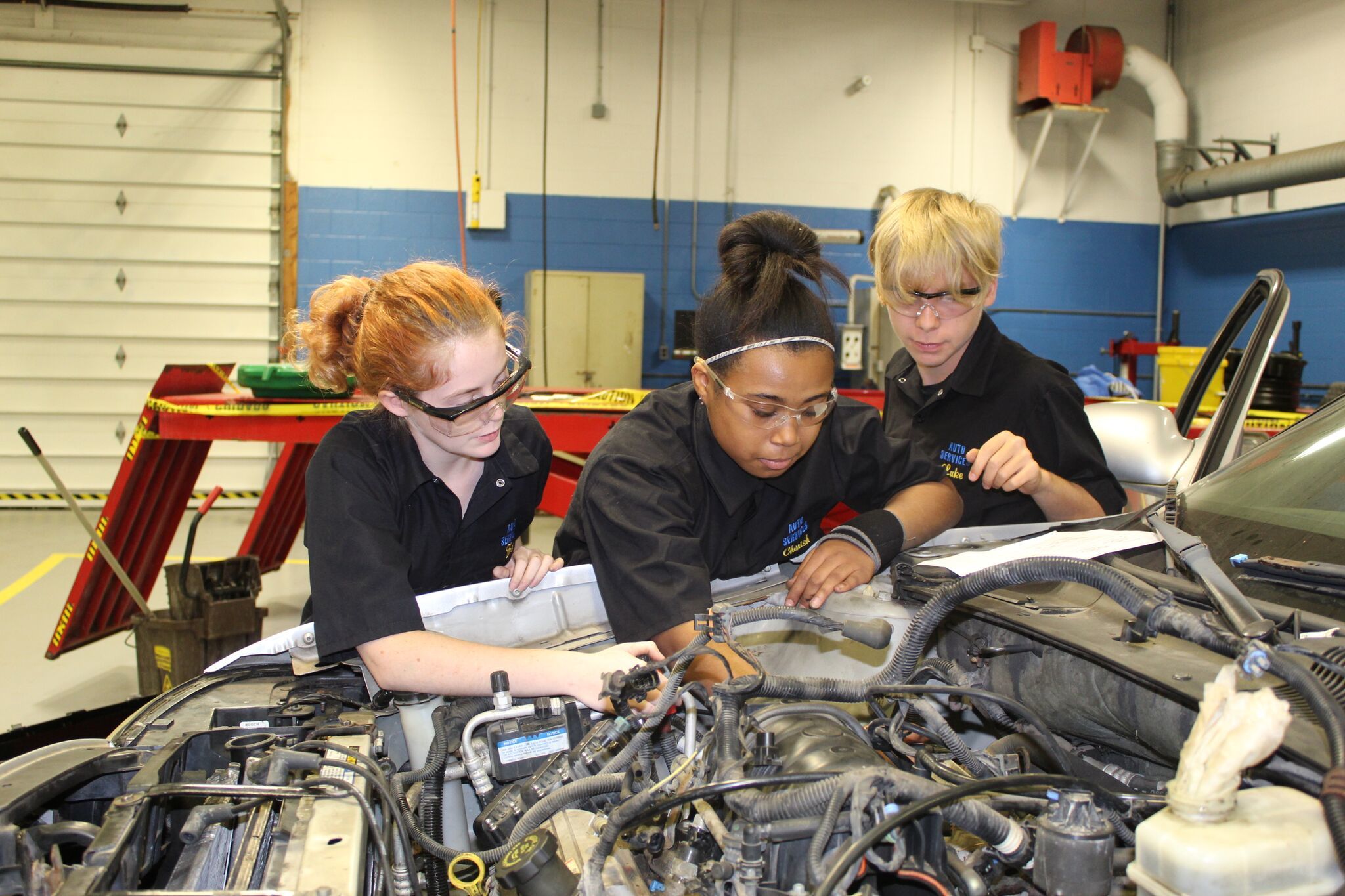Featured
Your automobile's brakes are one of the most vital parts in ensuring your safety and the safety of others when driving. Normal brake assessments are important to maintaining optimum braking performance and staying clear of pricey fixings. Whether you're an experienced auto owner or a brand-new chauffeur, understanding brake examination guidelines can aid you remain aggressive concerning upkeep and guarantee your car is always roadworthy.
- Why Brake Inspections Matter. Brakes undergo continuous damage. The more you drive, the a lot more rubbing your brake pads endure, eventually causing lowered stopping performance. Without appropriate examination, it's hard to evaluate when your brakes may be in requirement of repair service. Regular brake checks aid determine problems beforehand, avoiding prospective failings that could put you in danger.
A well-maintained brake system guarantees fast, responsive quiting power, especially in emergency situations. It also helps prolong the life of your lorry, as ignoring brake maintenance can cause extra severe, costly issues later on.
- Indicators You Required a Brake Examination. While it's critical to have your brakes evaluated occasionally, specific indicators may show that they need focus. Watch (and ear) out for these caution signals:
Squealing or Grinding Noises: Uncommon audios, especially a high-pitched screech or grinding sound, commonly indicate that your brake pads are worn down. Resonance or Pulsation: If you really feel vibrations or a pulsing sensation when pressing the brake pedal, maybe a sign of warped rotors or unequal brake pad wear. Lowered Brake Responsiveness: If your brakes really feel less receptive or you have to press the pedal harder to decrease, it may show air in the brake lines or reduced brake liquid. Drawing to One Side: If your automobile draws away when stopping, it can mean unequal brake pad wear or a brake fluid leak. Dashboard Warning Lights: Some vehicles have brake-related caution lights that indicate issues like low brake fluid or worn brake components. If you notice any one of these signs, it's essential to have a professional mechanic do a brake examination asap.

- What Takes place During a Brake Inspection? Throughout a brake examination, an auto mechanic will examine several key parts of the stopping system to guarantee every little thing is in functioning order. Right here's what you can expect throughout the process:
Brake Pads and Shoes: The technician will certainly inspect the density of the brake pads or footwear. If they're also slim, they'll need to be replaced. Brake Rotors: Blades are the discs that the brake pads press against to slow your auto down. They'll be looked for any type of indicators of wear, racking up, or warping. Brake Liquid: Reduced or infected brake liquid can hinder braking performance. The technician will check the fluid degree and high quality and leading it up or flush it if essential. Brake Lines and Hose pipes: Brake lines bring liquid from the master cyndrical tube to the brakes. The auto mechanic will certainly examine for any leakages, cracks, or damage to make sure appropriate fluid flow. Brake Calipers and Wheel Cylinders: Calipers and wheel cylinders press the brake pads versus the blades or drums. The technician will certainly look for wear, leakages, and appropriate operation. 4. Just how Usually Should You Have Your Brakes Evaluated? The regularity of brake examinations depends upon variables like your driving behaviors, the sort of automobile you drive, and the atmosphere in which you drive. As a general guideline, it's a great concept to have your brakes inspected every 12,000 miles or yearly. If you experience any of the warning indications mentioned earlier, it's essential to get your brakes inspected immediately.
For those who regularly drive in rush hour, hilly terrain, or harsh weather problems, even more regular assessments may be needed.
- Significance of Timely Brake Repairs. When you identify a trouble with your brakes, it's necessary to resolve it immediately. Postponing brake repairs can cause even more substantial damages to your braking system, leading to higher repair prices. In extreme cases, ignoring brake problems can result in complete brake failure, which is a severe security risk.
By remaining on top of brake maintenance and attending to issues without delay, you make certain that your brakes proceed to carry out as planned, maintaining you and your guests risk-free on the roadway.
Conclusion: Keep Your Brakes in Top Forming. Brake inspections are a simple yet essential part of car upkeep. By comprehending the importance of routine inspections, understanding the signs of brake concerns, and remaining proactive with repairs, you can guarantee your car's braking system stays in optimum problem. Normal brake checks supply assurance, knowing that your car prepares to respond when you require it most. Focus on brake upkeep-- your safety and security depends on it.
Latest Posts
Check Out Premier Auto Repair Solutions offered by Montclare Auto Repair – Keep Your Car Running Smoothly
Join Your Financial Partner at WyHy – Essential Perks for Your Money Goals
Reasons Regular Vehicle Maintenance at Montclare Auto Repair Reduces Costs
More
Latest Posts
Check Out Premier Auto Repair Solutions offered by Montclare Auto Repair – Keep Your Car Running Smoothly
Join Your Financial Partner at WyHy – Essential Perks for Your Money Goals
Reasons Regular Vehicle Maintenance at Montclare Auto Repair Reduces Costs
